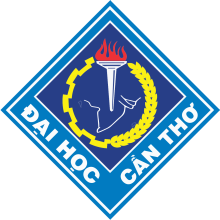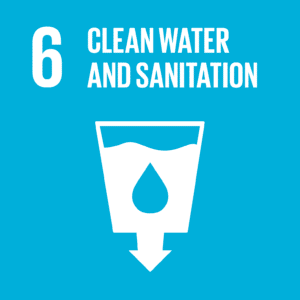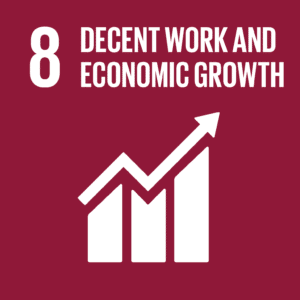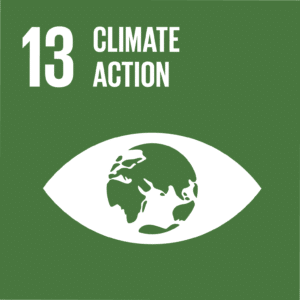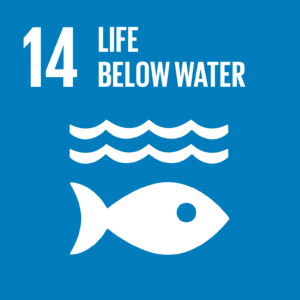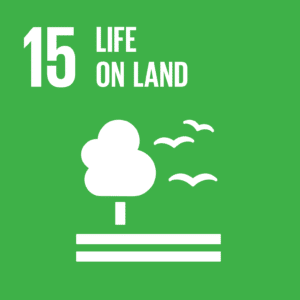Making shrimp farming more sustainable and adapting it to climate change
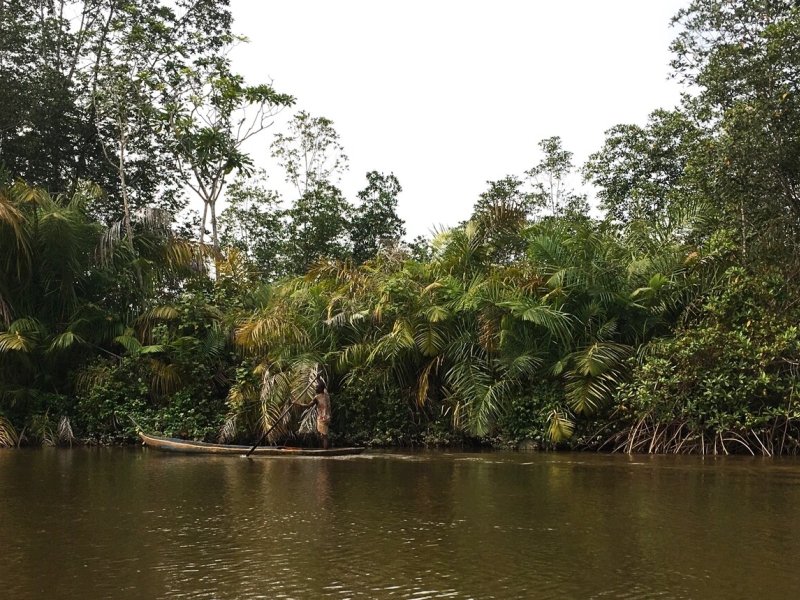
Practical solutions for shrimp farming in the Mekong Delta in Vietnam
Shrimp farming is the most important activity in the Vietnamese aquaculture, with significant growth in production and export. However, this growth brings serious environmental issues, such as water pollution and the degradation of coastal ecosystems. Small-scale shrimp farmers are particularly vulnerable for economic setbacks and face substantial financial risks. Despite the negative environmental and social impacts, the industry continues to intensify and expand.
Climate change also has a significant impact on the stability of shrimp farming in the Mekong Delta, particularly due to rising sea levels and saltwater intrusion. Given the importance of the shrimp industry in the Mekong Delta, there is an urgent need for practical solutions to protect the environment.
Sustainable shrimp farming: monitoring, innovation, and education
Water pollution and greenhouse gas emissions from shrimp farming will be drastically reduced.
Effective monitoring strategies for the health of river ecosystems and greenhouse gas emissions in the Mekong will be developed and implemented. Additionally, a new framework using explainable artificial intelligence (XAI) and citizen science will be developed to find practical solutions for reducing greenhouse gas emissions and water pollution from shrimp farms.
These solutions will be tested in three case studies and evaluated based on cost, feasibility, effectiveness and impact. The Aquatic Ecology Research Group (AECO) of Ghent University will provide innovative solutions to reduce emissions and water pollution, while the College of Aquaculture and Fisheries (CAF) will collaborate with local authorities and farmers to assess these solutions. The socioeconomic impact of the proposed solutions and current climate adaptation measures on shrimp farmers in the Mekong Delta will be examined through a survey.
The results will be shared with local communities, farmers, government agencies and the private sector through workshops and training sessions. Additionally, workshops will be organized to raise awareness about greenhouse gas emissions from shrimp farms and possible mitigation measures. Massive Open Online Courses (MOOCs) will also be developed on topics such as water and greenhouse gas monitoring in shrimp farms, solutions for water pollution and climate-smart shrimp farming.
By aiming to reduce 10% of the total greenhouse gas emissions in the shrimp industry of the Mekong, approximately 1000 Gg CO2 equivalent emissions can be saved annually.
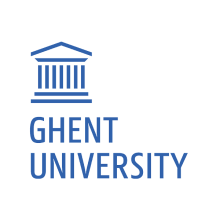
Want to know more about this project?

